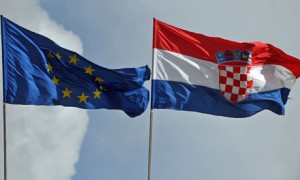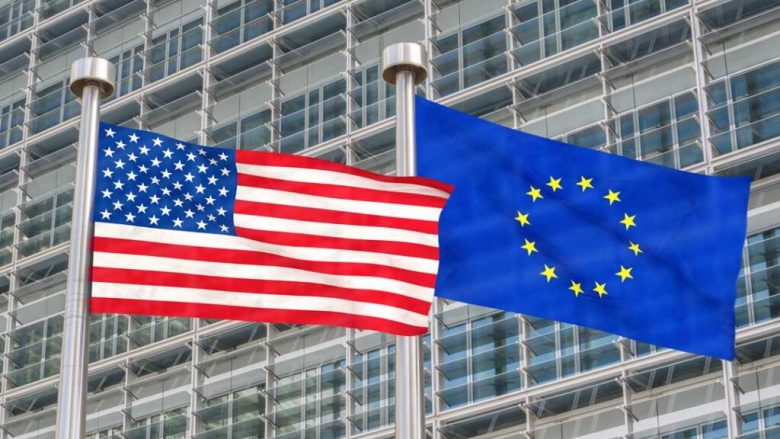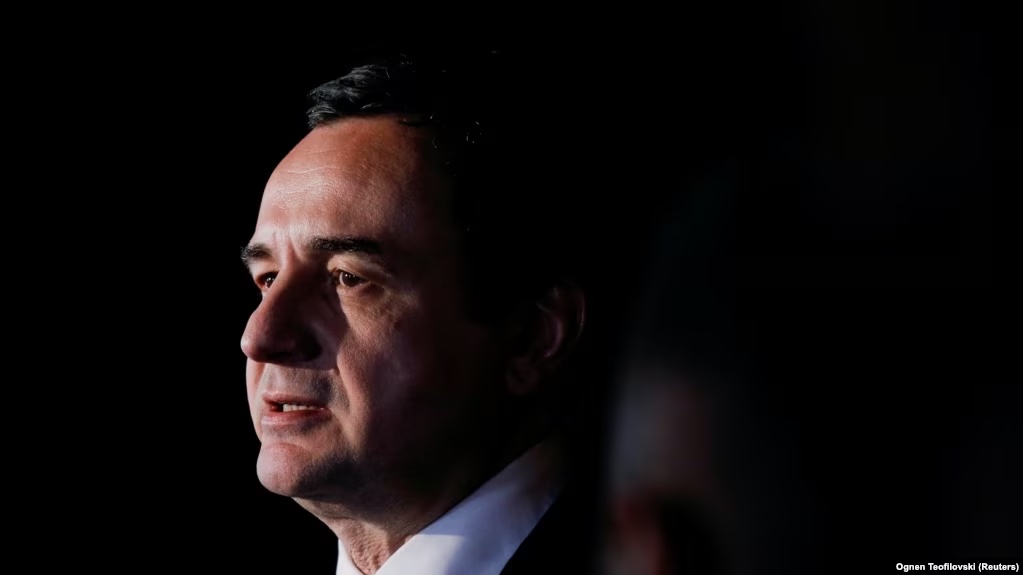Friday, September 27th 2013

Croatia has agreed to change its controversial extradition law to conform with EU legislation by January 1 after Brussels threatened to impose sanctions.
Croatian judiciary minister Orsat Miljenic and European judiciary commissioner Viviane Reding agreed in Brussels on Wednesday that Zagreb will change the law by January 1 and not July 1 next year, as it originally intended.
“Croatia will urgently, quickly and unconditionally harmonise its extradition law with the European arrest warrant, in the sense that the law will cover all criminal offences, regardless of when they were perpetrated,” Miljenic said.
The EU threatened to impose sanctions if Croatia did not quickly amend its law, nicknamed the ‘Lex Perkovic’, which limits the application of the European arrest warrant to crimes committed after August 2002.
The law’s nickname stemmed from suspicions that it was brought in to shield Josip Perkovic, a former Yugoslav state security and Croatian secret services operative who is wanted by Germany for questioning over the murder of a Croatian businessman there in 1983.
The Wednesday compromise, which was the last chance for Croatia to avoid sanctions, came after three months of insistence by Prime Minister Zoran Milanovic that Zagreb would not give in to European pressure.
Croatia faced the withdrawal of about 80 million euro for Schengen zone harmonisation over the next two years, and the introduction of post-accession monitoring.
But Reding warned that the European Commission would only lift the sanctions threat after Croatia actually changes the law and Brussels deems the outcome satisfactory.
“The minister said that Croatia would change the law quickly and unconditionally. We will follow the process and after the law is changed, we will assess if it is the same as was first agreed. Then we will decide about further steps,” Reding said.
Further problems could arise because Zagreb claims that Perkovic cannot be extradited to Germany regardless of the European arrest warrant, because of the statute of limitations in the Croatian criminal code.
However the Croatian government has insisted that this obstacle to Perkovic’s extradition is not a problem for the EU.
Croatian opposition politicians criticised both the prime minister and the government after the deal was reached in Brussels.
Former Prime Minister Jadranka Kosor said that “Croatia lost three months” and achieved no positive results.
Former Croatian foreign minister Gordan Jandrokovic said however that “the most important thing is that the country avoided sanctions”.
“The deal was not a compromise but a concession,” he said, adding that European Commission goodwill had helped Croatia get out of “an unnecessary and harmful situation”. balkaninsight




